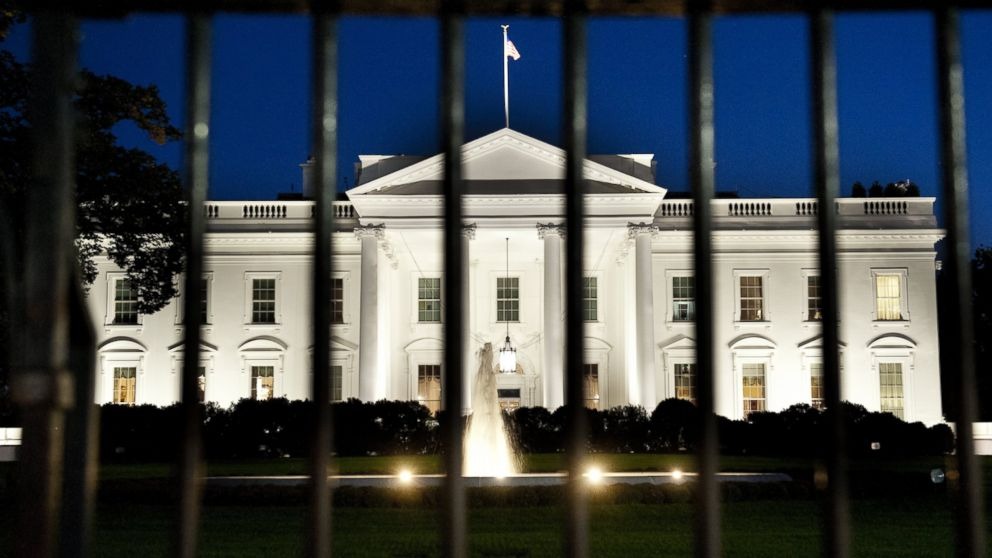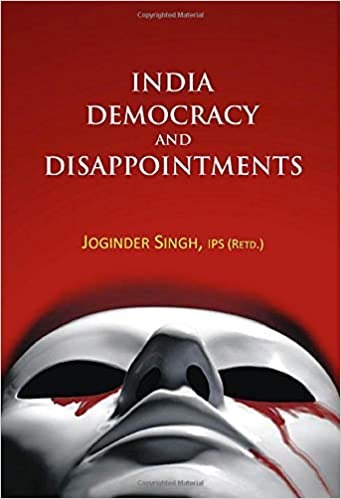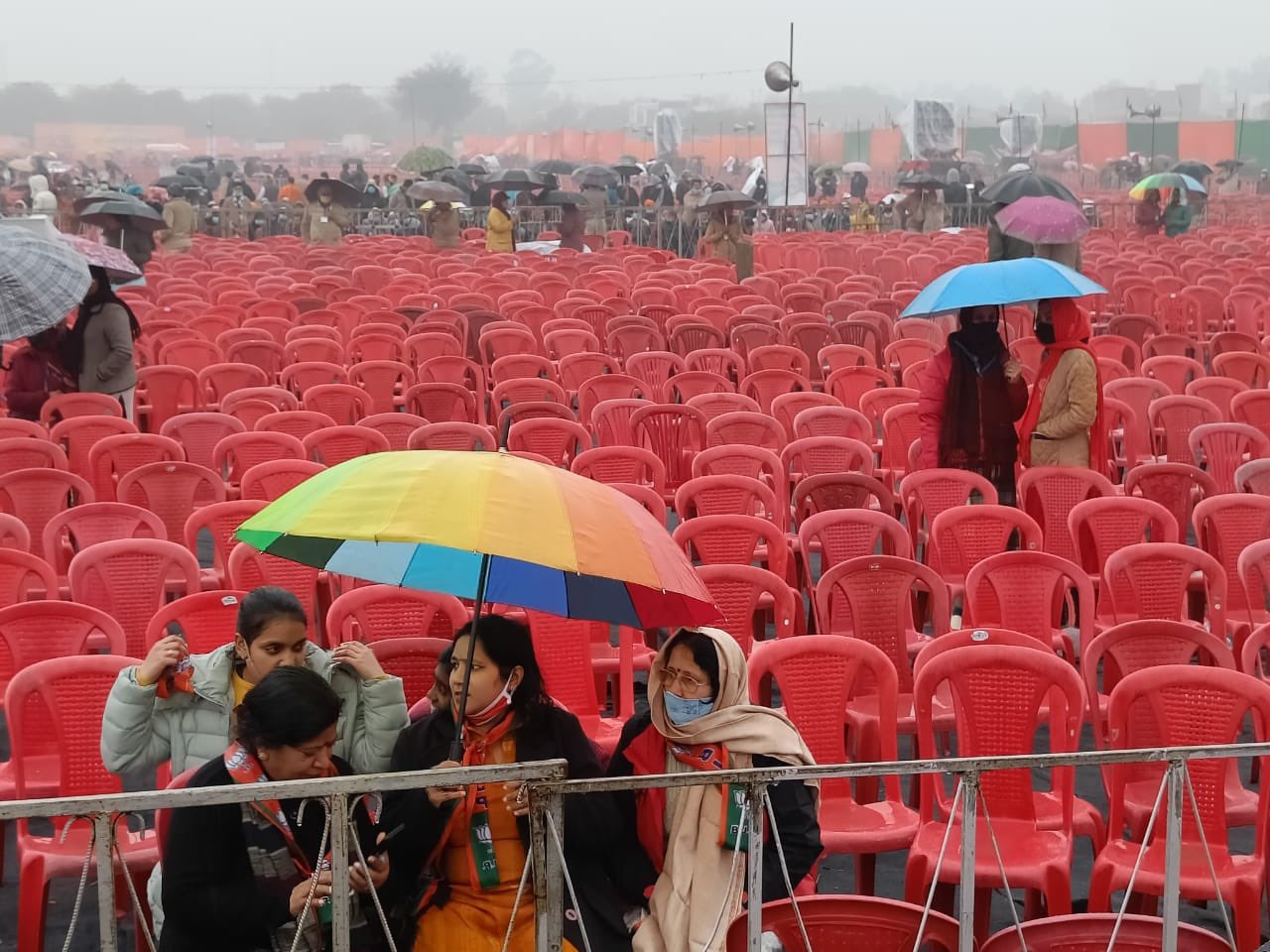Security breach, investigations, the noise and the investigation
Top-level security protocols in India are not really the stuff of public discourse, and except for a handful of people and veteran journalists who have frequently travelled with successive prime ministers, hardly anyone understands the intricacies of security, blue book protocols or what follows in the wake of a breach.
![Top-level security protocols in India are not really the stuff of public discourse, and except for a handful of people and veteran journalists who have frequently travelled with successive prime ministers, hardly anyone understands the intricacies of security, blue book protocols or what follows in the wake of a breach. Prime Minister Narendra Modi’s cavalcade ran into a farmers’ protest on a flyover in Punjab, and the premier or his security detail opted to wait for a good 20 minutes […]](https://www.theworldsikhnews.com/wp-content/uploads/2022/01/Security-Breach-Slider-1-360x367.jpeg)
Prime Minister Narendra Modi’s cavalcade ran into a farmers’ protest on a flyover in Punjab, and the premier or his security detail opted to wait for a good 20 minutes before taking a call to return to the nearest airbase and not address the rally at Ferozepur, which in any case seemed to be nothing more than a huge flop show.
What followed was a hyperbole-ridden debate, allegations, and brouhaha over the breach in prime minister’s security. It was, in turn, followed by visits of teams of investigators, tailed by television camera crews, as they observed the exact spot and charted the route that the prime minister had taken.
Most Indian news channels and media houses failed to educate the public that any breach in the security of the prime minister is not investigated in such a public manner. If and when a security breach happens, it will be investigated in the most secretive ways, and consequences will follow, but no noise will be made. It is in the very nature of the security protocols.
You do not advertise a security breach, as it only gives ideas to rogue elements.
The security of the country’s top political leader is paramount in any nation-state. When a student pilot, flying a machine as harmless as a small Cessna 150 violated airspace restrictions, it prompted mass evacuations throughout the White House and the US Capitol. Two F-16 fighter jets and a Black Hawk helicopter took upon the plane and made it to force-land at a small airport nearby.

On November 26, 2019, a small aircraft intruded in the restricted airspace over the White House. Protocols required that the White House was placed on a lockdown for 30 minutes and fighter jets were scrambled before it was determined that the aircraft was not hostile.
Security breaches are taken far too seriously and are not discussed threadbare in the national media. Investigations into security breaches never make it to the newspapers, and steps are taken to ensure it does not happen again never make headlines.
Such secrecy is part of the security. Discussion in public is by itself a security breach. You can be sure that the day a serious security breach happens, the public won’t even get to know about it.
Unfortunately, the matter of Modi’s security breach in Ferozepur has been politicised by none other than the prime minister, and later, equally, by Punjab’s politicians of every party and hue, with former CM Amarinder Singh actually demanding the dismissal of the elected government and imposition of central rule in the state.
 As former CBI Director, late Joginder Singh wrote in his book, ‘India, Democracy and Disappointments,’ “On a number of occasions of breach of security guidelines, political considerations have outweighed all other considerations…(S)ecurity is a two players’ game – between the protector and the protectee. It also involves accepting legal limitations, formal and informal.”
As former CBI Director, late Joginder Singh wrote in his book, ‘India, Democracy and Disappointments,’ “On a number of occasions of breach of security guidelines, political considerations have outweighed all other considerations…(S)ecurity is a two players’ game – between the protector and the protectee. It also involves accepting legal limitations, formal and informal.”
Now, what we do not, and might never, know is whether it was the prime minister’s decision to go by road, and thus allow more time to his party leaders to manage the somewhat respectable crowd and whether the Mi17 chopper really couldn’t fly in that rain. So far, no one has come forward to say it was a very intelligent thing to not fly and take the terrestrial route instead.
The fact is that the security personnel are employees of the political master and, at best, can merely make polite requests. It is a hangover of our colonial past that the security guy cannot overrule his political master.
Late Joginder Singh writes: “As Inspector General of Police, I had to once take away the key of the car of a Union Minister to prevent him from going and meeting terrorists in Srinagar in the 1990s. But after I went away, I learnt next day that he had got the terrorist’s car to go with them.” (p. 310)
He also wrote about how the role of the SPG has superseded that of the state forces.
The fact is that the security personnel are employees of the political master and, at best, can merely make polite requests. It is a hangover of our colonial past that the security guy cannot overrule his political master.
The fact is that Narendra Modi is the prime minister of a country of 140 crore people with the world’s sixth-largest economy, a GDP approaching 3 trillion US dollars, an army of 1.5 million and the third-largest defence budget in the world. He has an estimated 160 nuclear warheads at his command, and missiles like Agni, Prithvi, Brahmos and AWACS killer missiles. Also, he carries the nuclear codes.
By what stretch of imagination can anyone ever think that his life will not be in danger every single moment of his life?
So when a prime minister tells you that his life was in danger and “Main Zinda Bach Kar Bathinda Airport Laut Aaya”, be clear that he is not talking about any security breach. He is addressed a rally from the Bathinda airbase in a manner so charismatic that you forgot the deafening silence that fell upon 70,000 red vacant plastic chairs 150 kms away that had braved the rain for hours and were made to undergo torture. (How else do you describe the speech of Amarinder Singh who has been seriously researching the larger security breach – the drones leaving behind lunch boxes as speech material specifically for him?)

The prime minister is a remarkable orator: he brought down the sky with a single roar whispered into the ears of Punjab’s “Khazana Khali Hai” finance minister.
You can be sure that the finance minister would not have said a word back to him. That job belongs to politicians. Manpreet Badal is just a munshi.
WATCH VIDEO – “Daleel with SP Singh” — ‘Apne CM ko thanks kehna ki main zinda laut paaya.’ How’s this related to the Punjab elections and the new farmers’ party?
As for the security breach, please rest assured that it will be investigated by the right people and due lessons will be learnt, accountability will be fixed and consequences will follow. Only the political part will make it to the headlines; the real game will remain under wraps.
That’s called security. Everything else that you will hear will be politics.
![]() The author is a Chandigarh-based senior journalist, columnist and television anchor, with interests spanning politics, academics, arts, and yes, even trivia. He moderates the weekly TV show ‘Daleel with SP Singh’.
The author is a Chandigarh-based senior journalist, columnist and television anchor, with interests spanning politics, academics, arts, and yes, even trivia. He moderates the weekly TV show ‘Daleel with SP Singh’.
